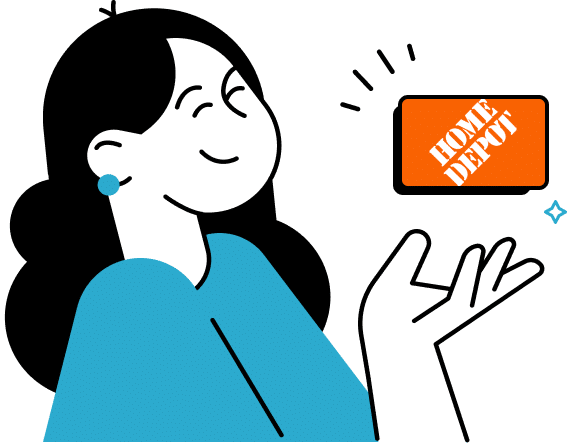Navigating the mortgage process in Canada can feel daunting, especially with so many different options to choose from. Whether you’re a first-time homebuyer or looking to refinance, understanding the types of home mortgages available is essential to making the best financial decision. This guide breaks down the most common options, including fixed vs. variable mortgages and open vs. closed mortgages, helping you decide which one is the best fit for your situation.
Conventional Mortgages
A conventional mortgage is a popular choice for Canadians who can afford a down payment of at least 20%. This type of loan doesn’t require mortgage insurance, which can significantly reduce your long-term costs. However, qualifying for a conventional mortgage is often more difficult since you’ll need strong credit and a stable income. For conventional mortgages just as with other types of mortgage loans, there is a choice to make between fixed vs. variable mortgage rates, depending on your comfort with potential market fluctuations.
What Is a High-Ratio Mortgage?
If your down payment is less than 20%, you’re likely applying for a high-ratio mortgage. With this type of home loan, you’ll need to purchase mortgage insurance, which protects the lender in case you default on payments. While this adds to your monthly costs, it’s often the only way for many first-time homebuyers to enter the housing market. The insurance premium can either be paid upfront or added to your mortgage, spreading out the expense over time.
Open vs. Closed Mortgages
When comparing open vs. closed mortgages, it’s important to consider your financial flexibility and which type of mortgage interest is most compatible.. An open mortgage allows you to make extra payments or pay off your loan entirely without incurring penalties. While this offers greater flexibility, open mortgages generally come with higher rates. On the other hand, a closed mortgage locks you into a lower rate but imposes penalties if you pay off the loan early. For most Canadians who don’t plan to make additional payments, a closed mortgage offers more predictable and affordable payments.
Fixed vs. Variable Mortgages
Choosing between a fixed vs. variable mortgage is one of the most important decisions you’ll make. A fixed-rate mortgage guarantees a consistent interest rate for the entire term, making budgeting easier since your payments won’t change. In contrast, a variable-rate mortgage starts with a lower rate but will fluctuate with the market. While you may save money initially with a variable rate, you should be prepared for the possibility of rate increases over time.
Government Support and First-Time Buyer Programs
First-time homebuyers in Canada have access to several programs that can make purchasing a home more affordable. The Home Buyers’ Plan (HBP) allows you to withdraw up to $60,000 from your RRSP to put toward your down payment. You can also open a First Home Savings Account (FHSA) to save specifically for your home purchase. Additionally, if you’re interested in making energy-efficient home purchases or upgrades, the Canada Mortgage and Housing Corporation (CMHC) offers rebates through its Eco Plus program.
Understanding what the different types of home mortgages are, such as high-ratio mortgages and open vs. closed mortgages, will help you make a more informed decision. When you’re ready to choose between a fixed vs. variable mortgage, it’s important to consider your financial situation and long-term goals. Be sure to consult a mortgage professional to guide you through the process and find the best loan for your needs.





